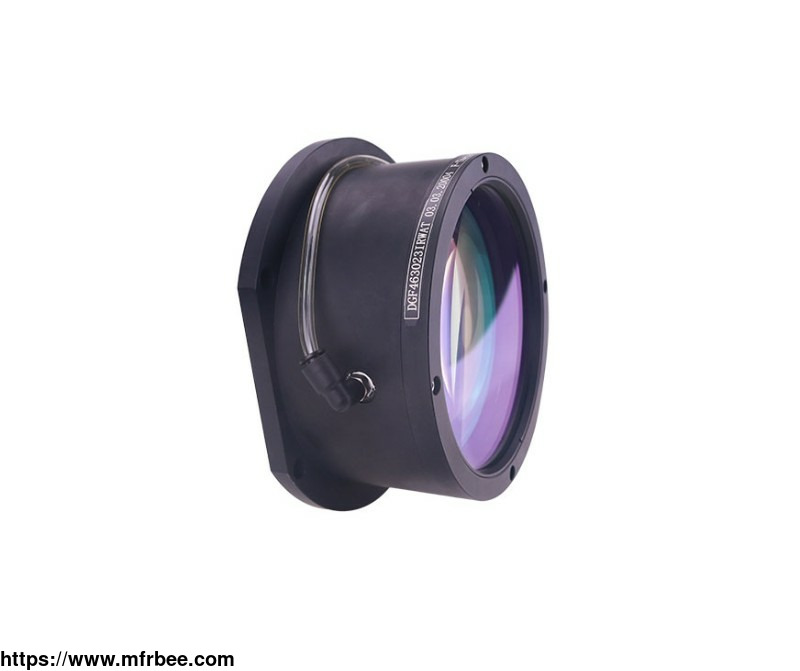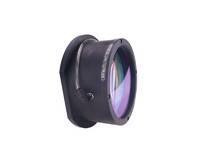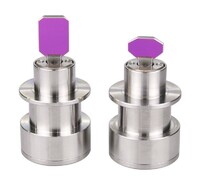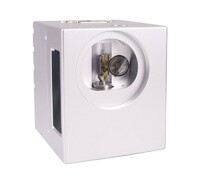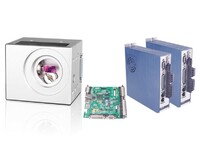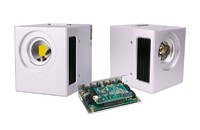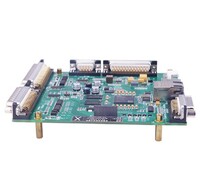Laser Lens
Product Quick Detail
- FOB Price
- USD $500.00 / Piece
- Minimum Order
- 1
- Place Of Origin
- GuangDong
- Packaging
- N/A
- Delivery
- ≥14 days
Specifications
Common Fθ lens is a series of general lens used in laser fields. The common F-theta lens has developed into the 3th generation product after experiencing continuous improvement of Optical Component
Center. The materials of the 3th generation product all belong to world-class domestic environmental materials. So, the transmission rate and focal plane image distortion of the F-θ lens have been
greatly optimized. The 3th generation product is trying to extend the marking range when compared with the previous product with the same outside dimension. Except for F-theta lens, we also produce
co2 laser lens, fiber laser lens, laser optical lens, etc..
Large View Field Fθ Lens
Large view field Fθ lens is a kind of special Fθfocus lens laser with larger range of flat image field developed on the basis of common Fθ lens. With the continuous development of f theta lens
distortion processing field, equipment with larger scanning range is needed in the market. Optical Component Center researched and developed large view field Fθ lens with extremely large scanning
range to meet the market development. When the outside dimension is unchanged, the maximum scanning range of this series of lens can reach up to 760 mm *760mm, which is far higher than the
international scanning range (maximum 500 mm *500 mm), thus realizing perfect true large view field scanning.
How Does Laser Lens Work
Multiple-determining beam expander is a necessary optical device in laser machine. Due to the focusing lens for laser pointer emission characteristics and machine requirement, it is necessary to
shape and expand the emission light spot of the laser, thus enabling the laser focusing system to get a larger image aperture angle, improving the energy density at the focus point and improving
the laser processing effect and efficient. Additionally, the series of lens can be used in stage show, square, landmark demo and city light project independently. Optical Component Center
researched and developed a series of beam expander according to the actual needs, with the wavelengths covering 266nm, 355nm, 532nm and 1064nm. The multiples of the expanding can be developed
according to customer's needs.
For galvanometer cost and details of 3d scanning solutions, contact us.
- Country: China (Mainland)
- Business Type: Manufacturer
- Founded Year: 2017
- Address: 4F Building4, Han's Laser Industry Park, 128 Chongqing Street, Fuyong, Bao'an District, Shenzhen City, Guang Dong, P.R. China.
- Contact: hans scanner
